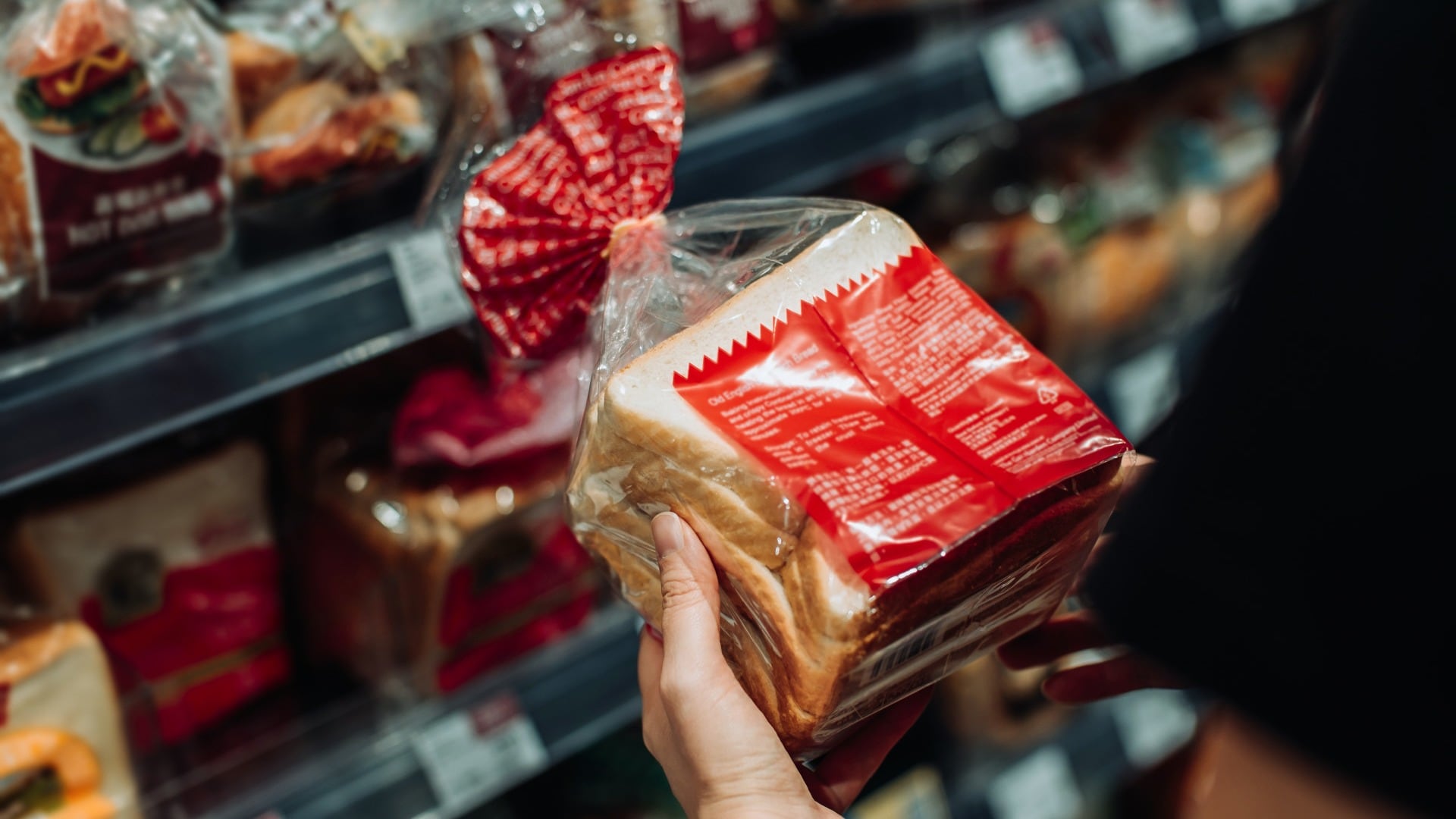The United Nations' global index for tracking food prices fell 1.9 percent in December after hitting an all-time high in 2022 amid drought, war, pandemic, and supply chain challenges.
The Food and Agriculture Organization of the United Nations (FAO) Food Price Index, which tracks commonly traded food commodities, averaged 143.7 points in 2022. That is down one percent from the number one year ago, but 14.3 percent above the average value in 2021.
Over that period, essential goods have seen sizable price drops. The price of vegetable oil, for example, was down 6.7 percent from November, hitting their lowest levels since before the war in Ukraine. Cereal prices, meanwhile, were down 1.9 percent from November, while meat was down 1.2 percent.
While welcoming the improvement, the United Nation is urging nations to stay vigilant to avoid the kind of global food shortages that come with higher prices.
"Calmer food commodity prices are welcome after two very volatile years," said FAO Chief Economist Maximo Torero in a news release. "It is important to remain vigilant and keep a strong focus on mitigating global food insecurity given that world food prices remain at elevated levels, with many staples near record highs, and with prices of rice increasing, and still many risks associated with future supplies"
One exception to the steady price declines: dairy products. The FAO Dairy Price Index was up 1.2 percent in December, mostly due to higher international cheese prices.
President Donald Trump's administration has given New York until March 21 to comply with its order to halt Manhattan’s new congestion pricing system.
The Social Security Administration’s acting commissioner has stepped down from her role at the agency over Department of Government Efficiency requests.
Mexican President Claudia Sheinbaum says her government is not ruling out filing a civil lawsuit against Google if it maintains its stance of calling the stretch of sea between northeastern Mexico and the southeastern United States the “Gulf of America.” Sheinbaum, in her morning press conference on Thursday, said the president’s decree to change the name of the Gulf of Mexico is restricted to the “continental shelf of the United States” because Mexico still controls much of the body of water. “We have sovereignty over our continental shelf,” she said.
The White House says news organizations that refuse to use President Donald Trump’s new name for the Gulf of Mexico are telling “lies."
U.S. tariffs on steel and aluminum “will not go unanswered,” European Union chief Ursula von der Leyen vowed on Tuesday, adding that they will trigger toug
President Donald Trump is hitting foreign steel and aluminum with a 25% tax. If that sounds familiar, it’s because he did pretty much the same thing during
A study of news influencers reveals how Donald Trump had an edge over Kamala Harris in the presidential campaign.
A group of investors led by Elon Musk says it is offering $97.4 billion to buy the nonprofit behind OpenAI.
President Donald Trump has ordered the U.S. to stop minting pennies. His surprise announcement comes after decades of unsuccessful efforts to phase out the 1-cent coin. Advocates for ditching the penny cite its high production cost and limited utility. Fans of the penny cite its usefulness in charity drives and relative bargain in production costs compared with the nickel. Here's a look at some question surrounding Trump's order.
The Trump administration has ordered the Consumer Financial Protection Bureau to stop nearly all its work, effectively shutting down the agency that was created to protect consumers after the 2008 financial crisis and subprime mortgage-lending scandal. Russell Vought is the newly installed director of the Office of Management and Budget. Vought directed the CFPB in a Saturday night email to stop work on proposed rules, to suspend the effective dates on any rules that were finalized but not yet effective, and to stop investigative work and not begin any new investigations. The agency has been a target of conservatives since President Barack Obama created it following the 2007-2008 financial crisis.













